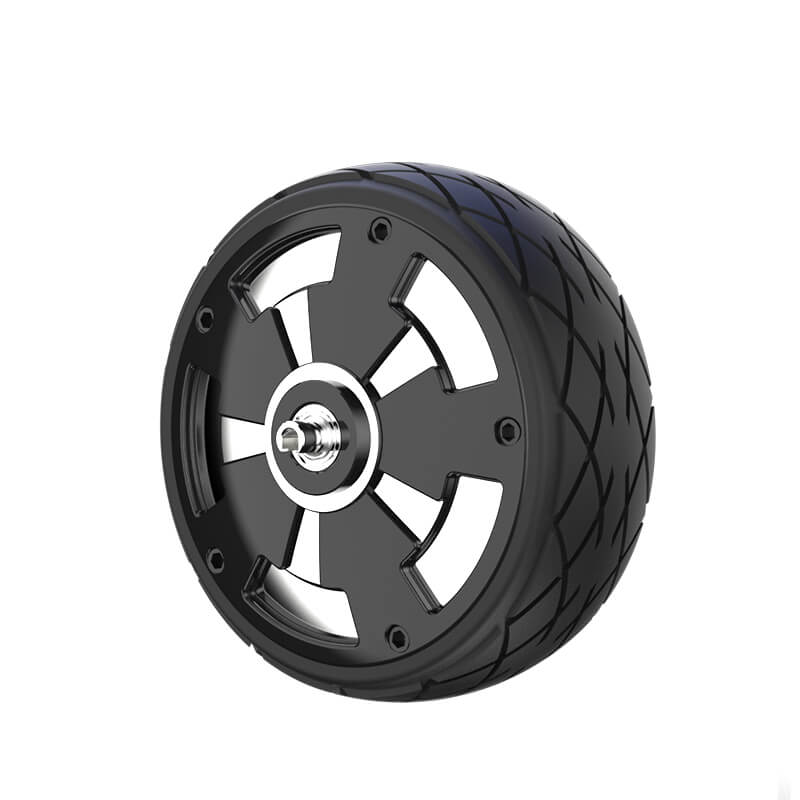Imagine you’re working with a complex control system—say, some high-tech machinery that needs precision every_step of the way. That’s where a servo amplifier steps in, quietly making sure everything runs smoothly. It’s one of those things people don’t think about until it’s absent. Then suddenly, your entire setup might start to wobble or jerk unexpectedly.

So, what exactly is a servo amplifier? Think of it as the brain behind the motion control operation. It takes the low-voltage signal you send out—perhaps from a control panel or a computer—and amps it up to a level that can drive motors or actuators. But it’s not just about power. It’s about accuracy, stability, and responsiveness. The servo amplifier constantly monitors feedback from the motor—speed, position, torque—and adjusts in real time. It’s like a coach shouting instructions during a game, constantly fine-tuning the actions of an athlete to keep them on course.
Now, picture this: you’re running a manufacturing line where every millimeter matters. A tiny slip in motor control could throw off the entire process. That’s when a high-quality servo amplifier becomes a silent hero. Its quick response times and precise control minimize errors, keep vibrations low, and extend the lifespan of your equipment.
But what makes a servo amplifier different from other types? It’s really about the closed-loop system. Instead of just pushing power to the motor, it’s like having a back-and-forth conversation. The amplifier adapts instantly, correcting any deviations. This makes a huge difference in applications like robotics, CNC machines, or even aerospace systems, where precision isn’t just desired—it’s demanded.
Looking deeper, you might wonder: how do I choose the right servo amplifier? Well, it comes down to your application's specific needs—voltage, power levels, responsiveness. Sometimes it’s about the workspace environment or the kind of motor you’re using. The good ones are versatile, built to handle a range of voltages and loads, and designed for durability.
And consider this: if the servo amplifier fails, what happens? Everything stalls. Machines might jerk or stop entirely. That’s why investing in a reliable, robust servo amplifier isn’t just about performance, but about avoiding downtime. It’s a safeguard for smooth operations.
Ever had the feeling that your machinery just isn’t responsive enough? That’s probably because it isn’t getting the right control signals. A powerful servo amplifier ensures those signals are clean, stable, and adjusted on the fly. Its role? Making sure your motors execute commands with perfect accuracy—no hesitation, no lag.
Think about industries where precision is king. From semiconductor fabrication to robotics, these are areas where a servo amplifier isn’t optional. It’s fundamental. When you upgrade your control systems, integrating a top-tier servo amplifier can be the difference between cutting-edge performance and old, sluggish tech.
So if you're on the lookout for a trust-worthy partner to boost your automation game, exploring servo amplifiers might just be the game-changer. With the right choice, you get not only better precision and reliability but also peace of mind that your system is firing on all cylinders. After all, in innovation, the tiny details often make the biggest difference.
Established in 2005, Kpower has been dedicated to a professional compact motion unit manufacturer, headquartered in Dongguan, Guangdong Province, China.




































